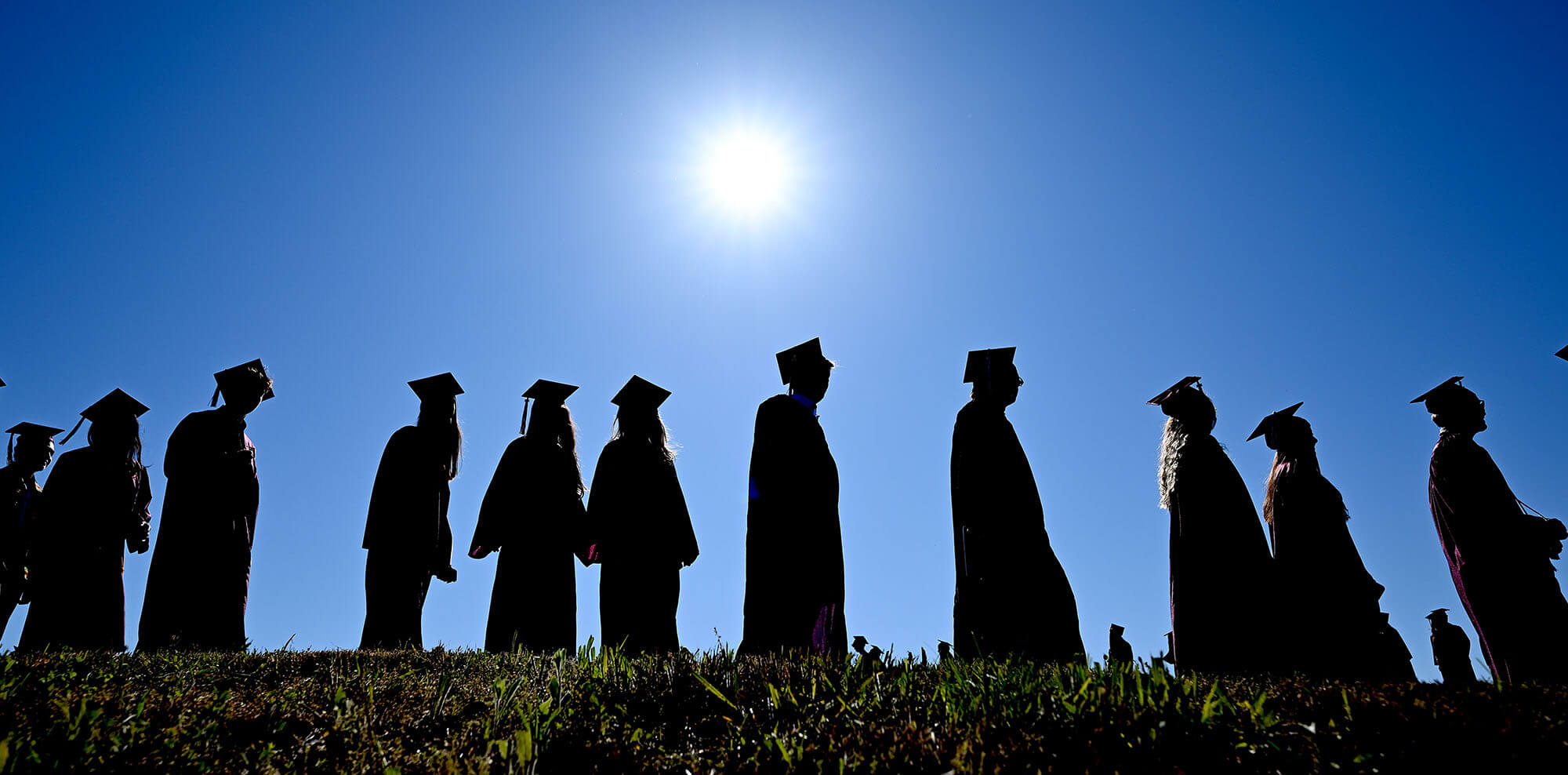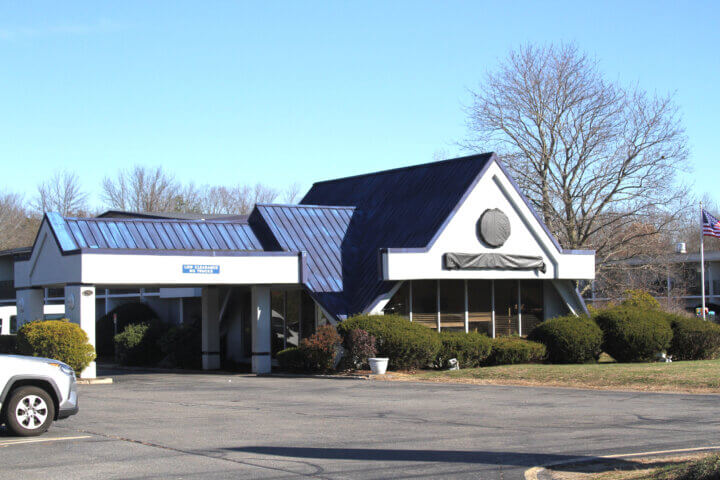By Dan Atkinson and Christine M. Quirk — Christine@concordbridge.org
Concord-Carlisle High School is the No.1 STEM-focused high school in Massachusetts and No. 13 nationwide, per U.S. News & World Report’s rankings of public schools. It ranks 20th out of 405 Massachusetts schools overall.
How much does that matter?
Depends on whom you ask.

Although Concord school officials said they’re pleased with the high rankings, they don’t consider them a major factor in judging CCHS’s performance — on its own or relative to neighboring schools, like Lexington High School (ranked No. 3 in the state) and Acton-Boxborough Regional High School (ranked No. 10).
Julie Viola, chair of the Concord-Carlisle Regional School Committee, and Carrie Rankin, the head of the Concord School Committee, said they’re “proud” of CCHS’s rankings and recognize that they’re something residents pay attention to.
They also say rankings don’t drive larger School Committee decisions.
“Whenever the rankings come out, we take note of them; we know the public takes great interest in them,” Viola said.
“It’s one lens in terms of school performance,” she said. “But we know that taxpayers, homebuyers, students, teachers, even prospective hires all take note of [the rankings]. … Schools are a big part of the tax outlay in town; we want people to feel good about what they’re investing in.”
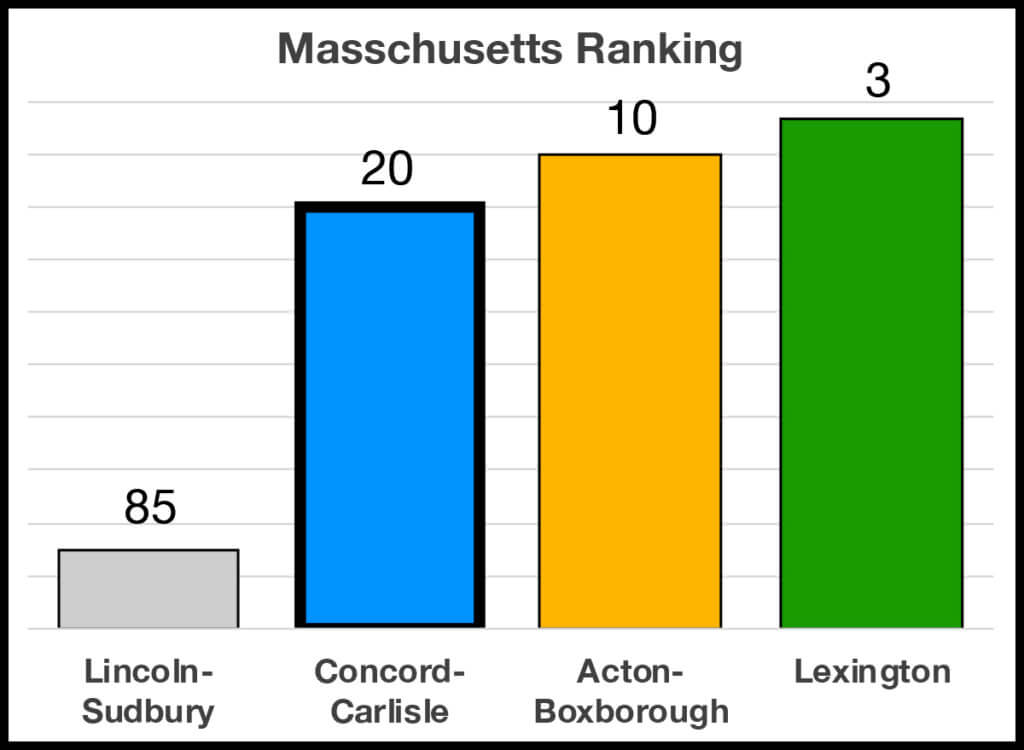
Us vs. them?
Concord real estate agent Peggy Dowcett said that in her experience, homebuyers consider rankings.
“It does matter when it comes to people relocating to our area. They do check the rankings and ask about it,” she said. “As long as it’s in the top 20, people are usually OK with it. When it falls below that, people have an objection.”
A public education expert at UMass Amherst questioned the value of the USNWR rankings, saying they focus on the wrong values and foster unhealthy, unhelpful competition.
“It fuels a sort of entitlement that treats schools like private entities — ‘We paid X number of dollars, so we should get Y outcome’ — when in reality, if there’s a good public school in Lexington and a good public school in Concord, that’s good for everyone,” said Peter Piazza, a research assistant professor in the Department of Educational Policy, Research, and Administration.
“When people treat it like an ‘us vs. them’ thing, that flies in the face of the purpose of public education,” he said. “We didn’t create a system of free K-12 public education to set up a competition between towns; it was to create an educated citizenry that maintains a healthy democracy.”
Piazza voiced skepticism about what USNWR chose to focus on, including AP classes.
“Are these things indicators of wealth in a community, or are they indicators of quality in schools?” said Piazza, who co-leads the Massachusetts Consortium for Innovative Educational Assessment, a group seeking to create assessment models other than testing.
“It leads to ‘get the best for my kid’ mentality — ‘Lexington is rated higher? We gotta move there [and] get my kid in that system so they’ll be successful in life!’ Not only is that mindset harmful because it leads to opportunity hoarding, it is not accurate. These rankings imply a scarcity that doesn’t exist.”
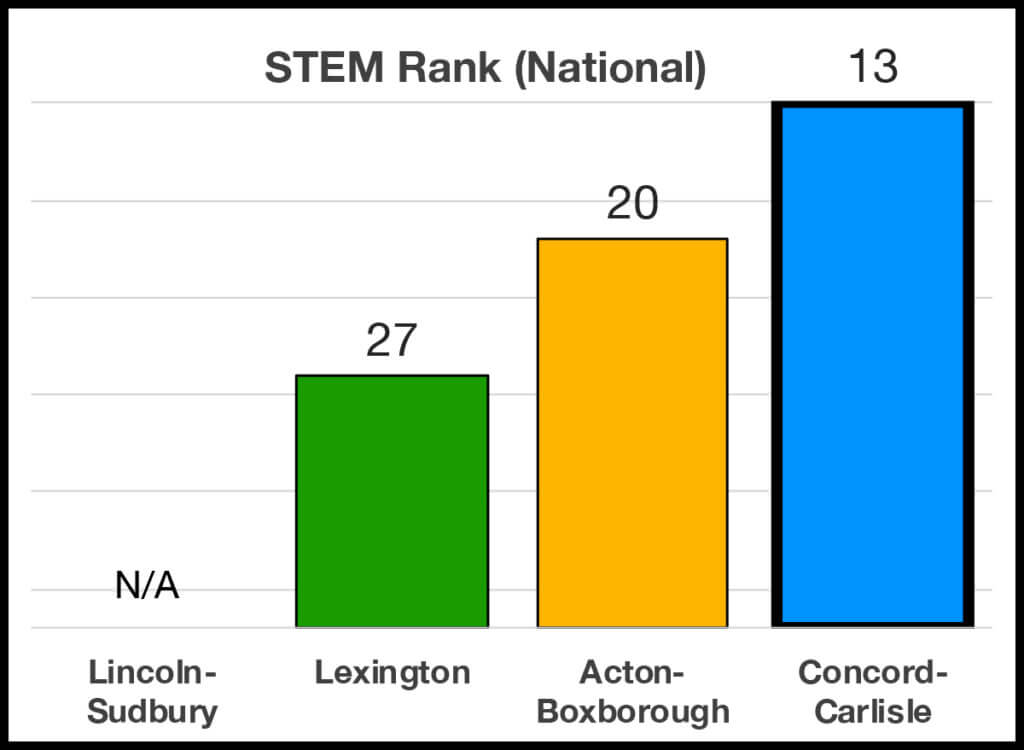
What’s not measured
Rankin said school officials consider more factors than USNWR does when looking at CCHS’s performance. She specifically singled out the district’s emphasis on student mental health — something the rankings don’t measure.
“The ranking is an important data point, but it’s not how we’re judging our effectiveness as a school,” Rankin said.
Viola praised the “multiple paths to success” for CCHS students, pointing to the music room, engineering lab and other campus facilities.
“There is a really wonderful space for them to thrive in addition to math and science and English … that does not show up in rankings,” she said. “We are obviously proud of the rankings, we do track it and do watch it, but it’s part of a broad swathe of information we look into.”
The magazine, known for its rankings of colleges and hospitals, uses numerous factors in building its rankings. In the Bay State, it factors high school Massachusetts Comprehensive Assessment System (MCAS) results for math, English and science into its process.
But it also looks at graduation rates, class sizes, and “college readiness,” which is based on how many seniors took and passed AP exams.
Marianne Thompson of Concord’s Thompson College Consulting noted that the magazine might favor schools with more AP courses. “Much of the curriculum at CCHS prepares students for college (i.e., “college readiness”) but is not AP, so that may disadvantage CCHS in the rankings,” she said.
Still, Thompson said she doesn’t think the ranking would impact college admissions since schools look at so many factors, such as the rigor of a student’s course load and the high school profile that accompanies each student’s transcript.
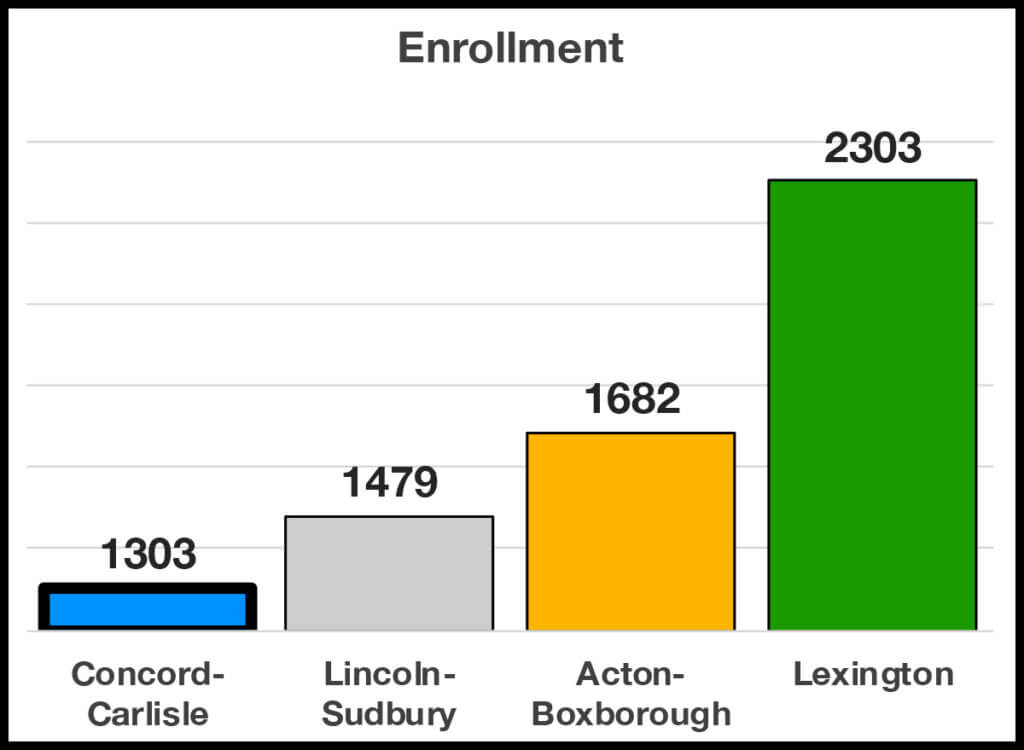
‘A broader responsibility’
Year over year, the same schools generally have similar placements in the UNSWR rankings. Boston Latin topped the list in 2023 and this year; Lexington was ranked No. 4 last year and No. 3 this year. CCHS ranked No. 25 in 2023.
Viola said where the school lands on the list — and who is ahead of it — is not the School Committee’s focus.
“We keep tabs on it, but we have a broader responsibility that doesn’t show up on rankings, and it’s to really support the school system. … Rankings matter to some degree, but we need to do what is best for the student population and the community at large,” Viola said.
Viola and Rankin said USNWR’s data aggregation and its ranking system can be a “compass” for people as they assess districts, but that parents and students should examine individual schools comprehensively to understand what they offer.
“Every school is going to bring something unique; you have to make choices for yourself about what is important to you,” Rankin said.
Dan Atkinson contributed to this report in July.


